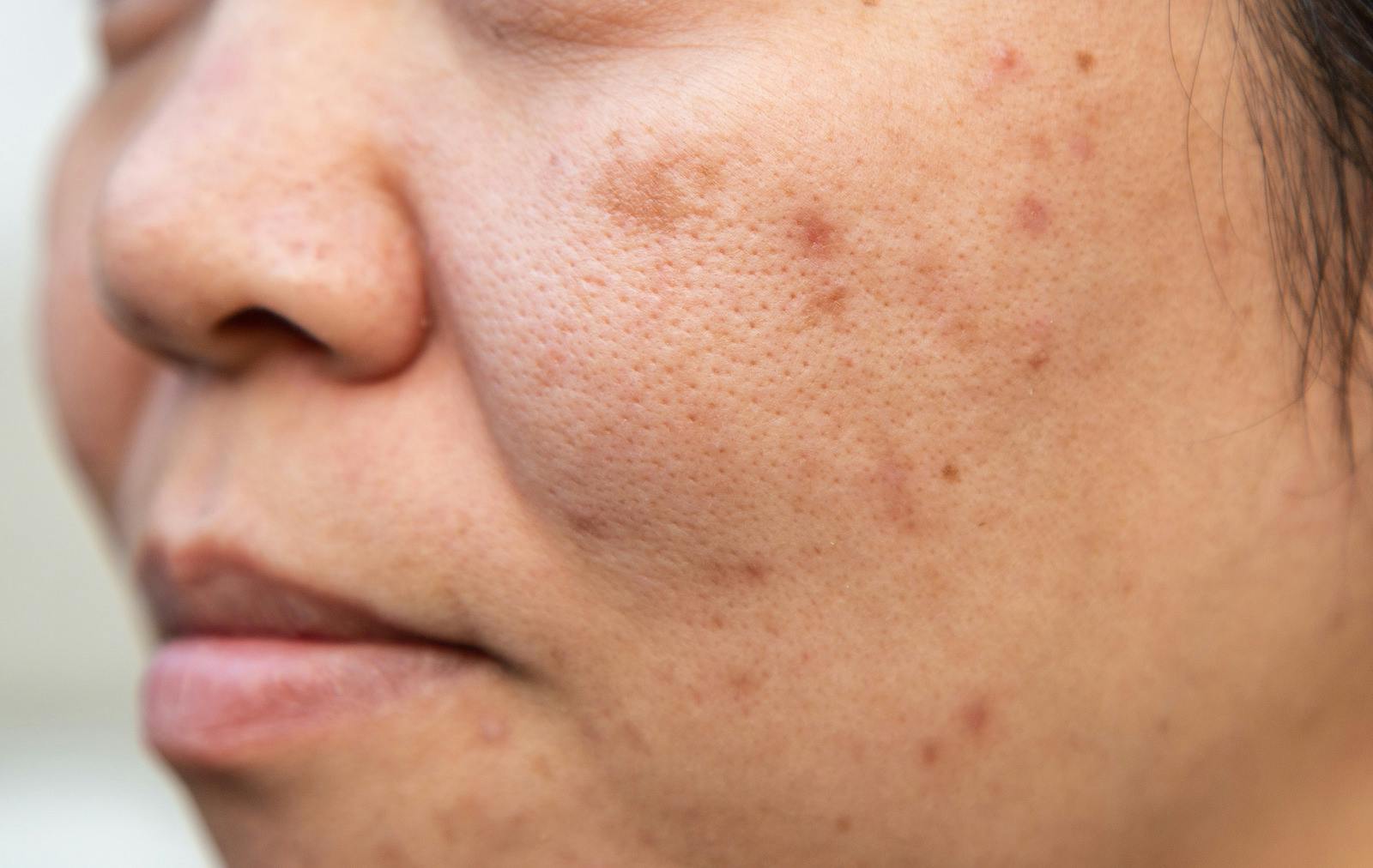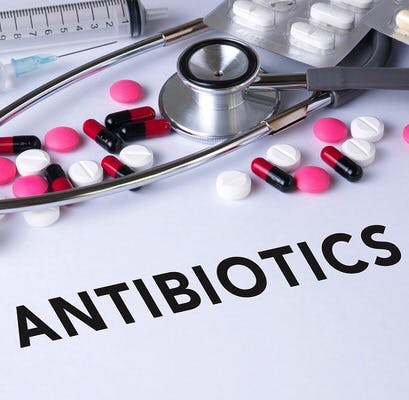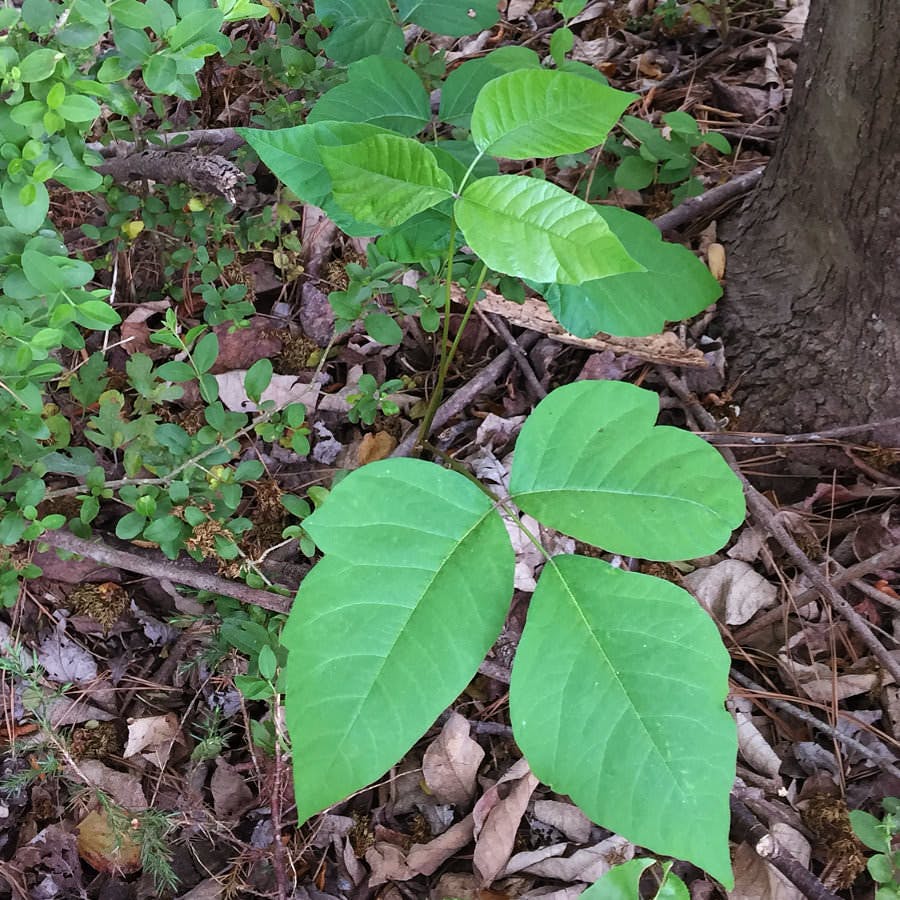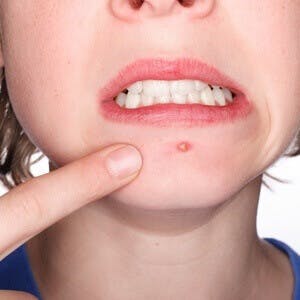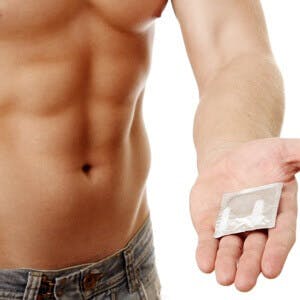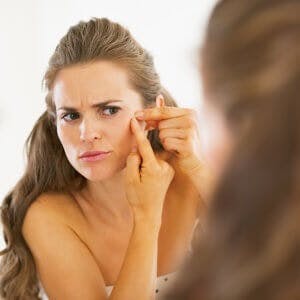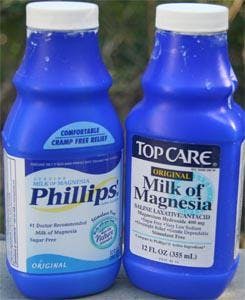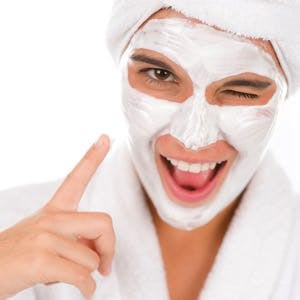Articles categorized as Acne Pimples
How Can You Treat Acne Without Antibiotics?
What works for acne besides antibiotics? How worrisome is benzene in benzoyl peroxide? What about spironoloactone for women or sulfur soap?
Do Dermatologists Prescribe Too Many Antibiotics?
Were you ever prescribed antibiotics for a cold? What about acne? Millions of teenagers may have received too many antibiotics. Are there long-term effects?
How Aysa, an AI App, Helped a Mother with her Child’s Rash
Aysa, a new app for your tablet or smart phone, can help you determine what is wrong so you'll know whether you need to see the doctor.
Is There a Simple Solution to Fight Acne?
Readers find that using a clean washcloth every day helps fight acne. Changing the diet to include more whole foods and less sweets also makes a difference.
Treating Seborrheic Dermatitis on the Scalp
Some natural products can be useful for treating seborrheic dermatitis, from Listerine to rosemary and coconut oil.
The Skyrocketing Price of Tetracycline is Shocking!
The cost of a 50-year-old antibiotic (tetracycline) is outrageously high. How can drug companies justify the price tag? How can you find affordable drugs?
How to Eat to Avoid Acne
A diet high in refined carbohydrates and low-fat dairy products seems to make skin problems worse. Try a low-glycemic-load diet to avoid acne.
Milk of Magnesia (Magnesium) Solves Rosacea and Acne
Topical magnesium in the form of milk of magnesia or Epsom salts has been surprisingly effective for skin blemishes and acne rosacea.
Sulfur Soap Helps Clear Acne Blemishes
Using sulfur soap to wash the face can help to clear the blemishes of acne.
Resveratrol Fights Acne Germs
The antioxidant compound resveratrol works synergistically with a standard acne treatment, benzoyl peroxide.
Milk of Magnesia Clears Up Acne
Using milk of magnesia (MoM) on skin can help clear away the pimples and inflammation of acne.
Search for Acne Remedy
Milk of magnesia works to clear up acne blemishes.
Laxative Licks Severe Acne Problem
Laxative (milk of magnesia) works for severe case of acne.
Can Milk of Magnesia Make Acne Disappear?
Milk of magnesia helps make acne disappear.
Dermatologist Disputes Acne Remedy
Dermatologist disagrees with milk of magnesia treatment against acne and promotes Accutane instead.
Milk of Magnesia as Home Remedy for Acne
Milk of magnesia is a popular laxative but we have heard from many people that it is also a good home remedy for acne and does triple duty as a deodorant.


